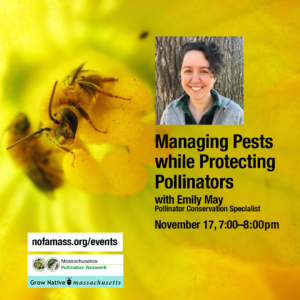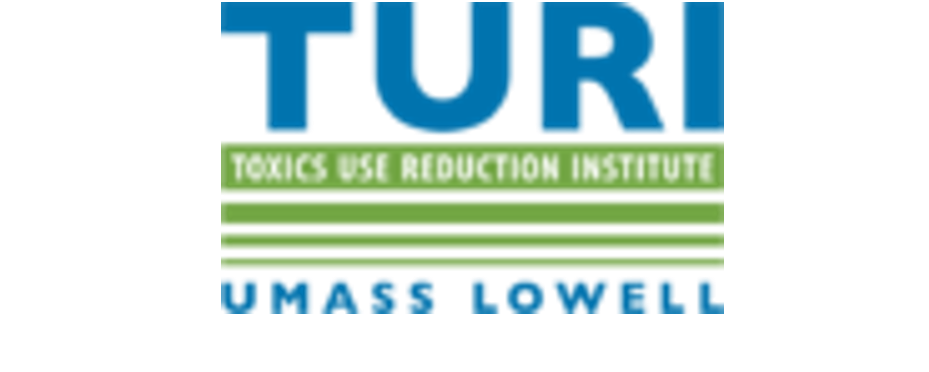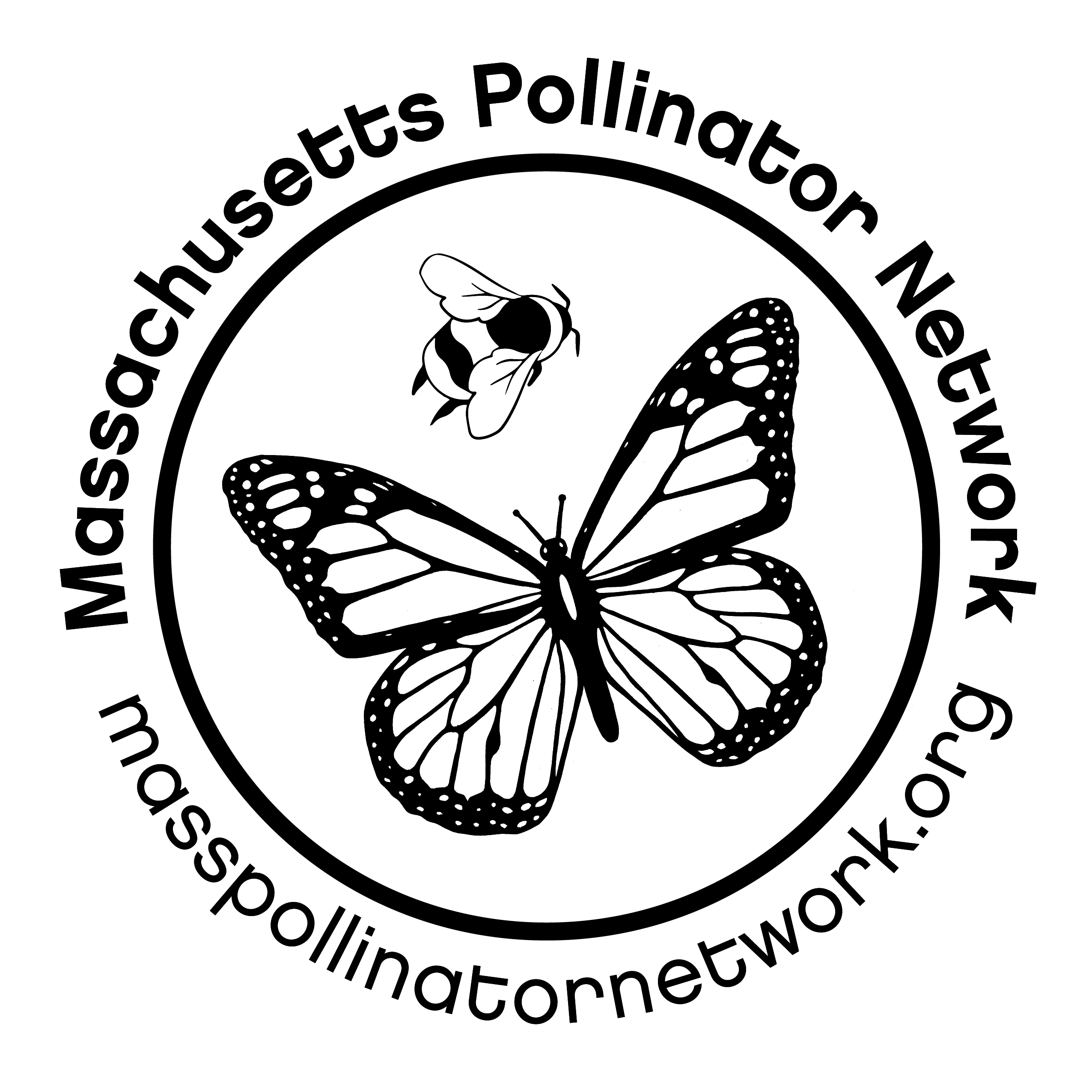What are pesticides?
The Federal law that governs pesticide registration, classification, labelling, and use is FIFRA (the Federal Insecticide, Fungicide, and Rodenticide Act). Under this law, pesticides are defined as substances or mixtures of substances intended to prevent, destroy, repel, or mitigate any pest (more info here). With the excpetion of some products deemed “minimum risk” (more info here) this definition includes herbicides / weed-killers, fungicides, rodenticides, and insecticides. In the U.S., the Environmental Protection Agency is responsible for registering and regulating pesticides. According to the EPA, “states have primary authority for compliance monitoring and enforcing against illegal pesticide use.” In Massachusetts, as in many other states, this is the responsibility of the Department of Agriculture (more info on MA’s Pesticide Program here).
Avoid Lawn & Garden Pesticides
Pesticides are widely used in gardens and lawncare to eliminiate “pests.” Unfortunately, most household pest control products contain broad spectrum active ingredients that are also harmful to beneficial insects, including the bees and butterflies many of us are trying to attract by growing flowers. The Xerces Society concisely summarizes the risks posed by different kinds of pesticides here.
The following organizations provide a wealth of information about the impacts of pesticides on beneficial wildlife and human health and how to avoid or reduce their use where you and your family live, work, and play. Click the icons below to explore their digital resources.
Support Organic Agriculture
Every time that you buy organic at the grocery store and especially when you buy from local farmers, you are promoting pollinator health.
Research has shown that overall, organic agriculture favors pollinators. “This beneficial effect is due to both the absence of insecticides and a higher provision of flower resources,” according to the results of an extensive 3 year study. Of course, any agricultural activity can harm pollinators and there are ways that organic farmers can further mitigate negative impacts, such as reducing tillage.
Organic agriculture grew out of a rejection of chemical-dependent agriculture. Synthetic pesticides like the pollinator-killing class of pesticides known as neonicotinoids are banned from organic practices. Since neonics were first introduced in the mid 90’s, US agriculture has become 48 times more toxic to insect life, and neonics are primarily to blame. Every organic meal is a meal in support of pollinators.
See also: “The Role of Organic in Supporting Pollinator Health” (The Organic Center, 2015) and “Organic Farming for Bees” (Xerces Society and others)
Resources for the Farmer
The Northeast Organic Farming Association, Massachusetts Chapter (NOFA/Mass) has been helping farmers make a just transition to organic agriculture for decades. Check out NOFA/Mass programming, including education events (online and on-farm), Summer and Winter conferences, the NOFA podcast, and other offerings including technical support services including soil health assessments.
Stewards of agricultural land may also be interested in establishing pollinator habitat. See this area of our website [link forthcoming] for additional information!


 To find local organic farms and those which have pledged not to use synthetic pesticides, visit the
To find local organic farms and those which have pledged not to use synthetic pesticides, visit the 





